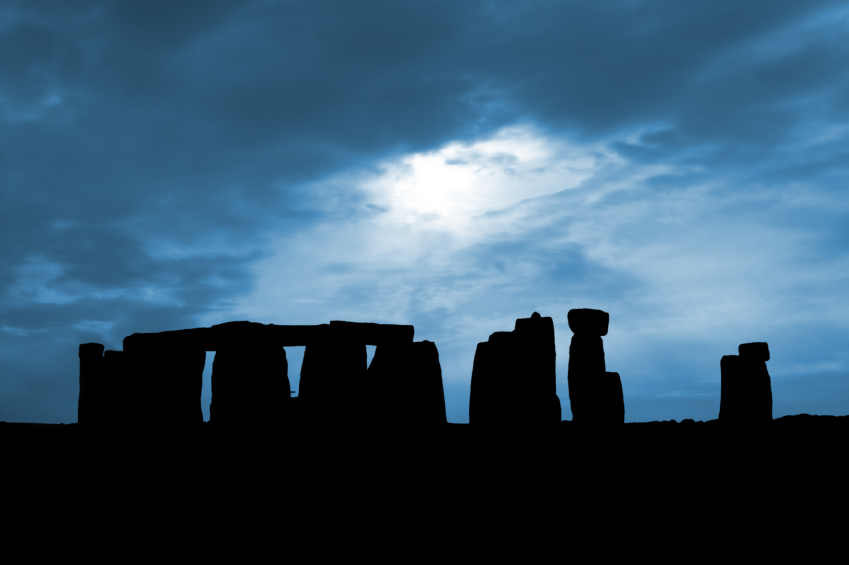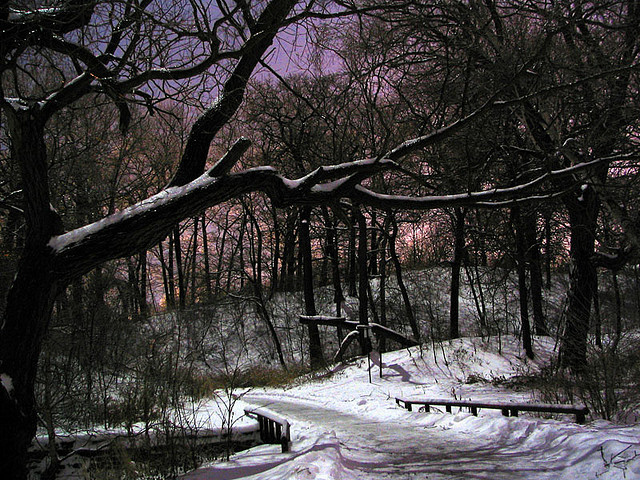What is your launch pad?
 Tuesday, December 24, 2013 at 1:12PM
Tuesday, December 24, 2013 at 1:12PM 
By the time Christmas Day arrives, I will have listened to A Child’s Christmas in Wales, read by Dylan Thomas (accept no substitutes!), several times. Chances are that Patrick Stewart reading A Christmas Carol will also have played more than once, along with all of my favourite carols.
Word Count: 334 Reading time: 1-2 minutes
These stories and music are part of annual rituals that have been in my blood for as long as I can remember. As a child I unquestioningly accepted them as part of the greater Christian teaching, an obligatory part of the WASP culture in which I grew up. Better informed now, I know that many of my adored seasonal traditions predate Christ.
Irish Celts have marked the shortest day of the year at Newgrange for over 5,000 years. Likewise the Druids started observing winter solstice at Stonehenge and the Neolithic Scots at Maeshowe thousands of years before Christ was born. As nights lengthened, Ancient Romans honoured the god Saturn with twelve days of feasting and gift-giving in the festival of Saturnalia. Before the Christian church integrated local customs, Pagans welcomed the sun’s rebirth by decorating with evergreen and holly boughs and toasting spiced cider.
Cultures are grounded in tradition, to comfort people with something solid and certain when life is inherently chaotic and messy. That’s why I love this time of year: it beguiles me into thinking that life has a few mooring points, a place where I can pull in for safe harbour and predictable patterns. It’s there I find renewal, the chance to catch my breath if only for a few minutes, before launching again into the pandemonium of real life.
While I am comforted by the singing of familiar songs and the soft glow in the fireplace, I remind myself not to be lulled into complacency. As Jiddu Krishnamurti said, Tradition becomes our security, and when the mind is secure it is in decay.
Where do you go to restore your creative energy? How do you avoid letting your sanctuary become your prison?
***
Photo from iStock: Stonehenge Silhouetted by urbancow
 A Child’s Christmas in Wales,
A Child’s Christmas in Wales,  A Christmas Carol,
A Christmas Carol,  Dylan Thomas,
Dylan Thomas,  Jiddu Krishnamurti,
Jiddu Krishnamurti,  Maeshowe,
Maeshowe,  Newgrange,
Newgrange,  Patrick Stewart,
Patrick Stewart,  Safety in tradition,
Safety in tradition,  Saturnalia,
Saturnalia,  Stonehenge,
Stonehenge,  Winter Solstice,
Winter Solstice,  urbancow in
urbancow in  Hazards in writing,
Hazards in writing,  Writing & superstitions,,
Writing & superstitions,,  Writing in winter,
Writing in winter,  Writing traditions,
Writing traditions,  the best season for writing
the best season for writing 
